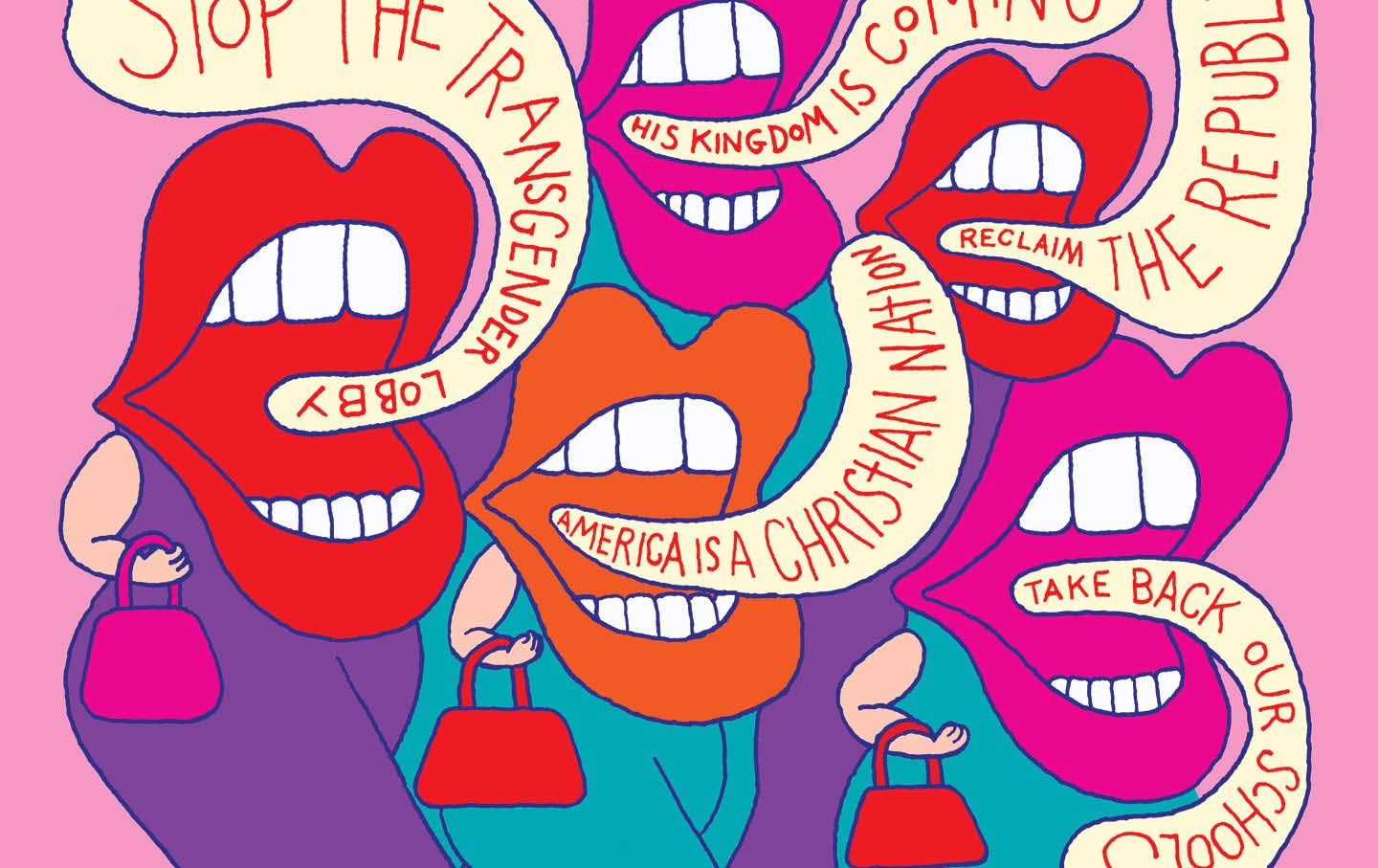Will There Be a Bird Flu Epidemic Under Trump?
H5N1 currently poses a real threat for human transmission. Meanwhile, Trump’s picks for public health roles don’t bode well for vaccination.

A newly hatched chick emerges from an egg incubator machine on a farm.
(Soumyabrata Roy / NurPhoto / Getty Images)
Almost every week now for months, we’ve seen articles warning us about the threat of H5N1, otherwise known as “bird flu.” Will it be our next pandemic? We’ve officially entered the “fuck-around-and-find-out” phase.
Pandemic expert Sam Scarpino at Northeastern University wrote a thread recently on Bluesky, which aptly summarized the concerning, recent developments about the virus: with unusual cases arising with no known contact with animals; new mutations that confer greater affinity for human sialic acid receptors, which H5N1 uses to dock with our cells, and; H5N1 showing up in wastewater more frequently, he says “time may be running out” for us.” Let’s be clear: we haven’t seen sustained human-to-human transmission of the virus emerge yet, but our response in the United States is already freaking out scientists around the world. The mismanagement here has been terrible, and the new administration does not bode well for the future of managing infectious disease threats.
As we watch Trump’s health appointments roll out, I keep rolling through a thought-experiment: What happens now; will we be ready for another outbreak, a new pandemic? Are we prepared?
One of course hopes that H5N1 just keeps to cattle, poultry (and other livestock) in terms of chains of transmission and the human infections we’re seeing continue to be dead-ends, but what if they do not? What happens if the necessary mutations to allow efficient human-to-human spread occur, confer greater clinical severity than we’ve seen thus far in human cases?
First, even now, in the waning days of the Biden administration, the effort to get ahead of the H5N1 outbreak in livestock is not succeeding. We’re under-testing for H5N1 and missing many cases among animals and infections among farm-workers who are catching the virus from tending to them. We clearly need to scale-up testing of animals, farm workers, and milk.
Since the outbreak began, there has been resistance to testing on farms, which is unlikely to be challenged by the new Trump administration in terms of taking a more aggressive stance on surveillance. In addition, many agricultural workers at highest risk catching the disease are immigrants, often without health insurance. Given the plans to deport millions of immigrants by the President-elect, this is a recipe to drive people most affected by H5N1 away from coming forward to be tested, and to present for care for themselves if they are sick. Finally, Trump’s pick for secretary of health and human services is a vociferous proponent of raw milk consumption, which he falsely claims boosts immunity and prevents asthma. Samples of raw milk tested for H5N1 in California are already showing high levels of the virus and one brand of raw milk has even been suspended after bird flu contamination—but this is not news Kennedy may welcome. Testing milk products provides a necessary window into what is happening on farms, when we cannot test humans or cows directly.
Our best defense against H5N1 would be a vaccine. The US government is currently developing vaccine candidates targeted to the current strain of the virus, but these vaccines still have regulatory hurdles to cross before they can become available for widespread use. We currently have older, FDA-approved H5N1 vaccines that exhibit cross-neutralization of the current strain and mRNA vaccine candidates in development, but in classic form, RFK Jr. has said there is no vaccine that is safe and effective (for any disease!). Meanwhile, Trump’s candidates for numerous health posts—from Dave Weldon at CDC, to Marty Makary at the FDA and Jay Bhattacharya at the NIH—have made similar claims about the dangers of vaccines and more recently, some have even stated that Covid boosters were unethical and insufficiently tested and scrutinized, causing more harm than good. They have touted the benefits of “natural immunity” over vaccination, spread misinformation about the nature and extent of the vaccines’ side effects, and have been opposed to vaccine mandates, while suggesting we should let those under 65 get infected on our road to herd immunity (something that with Covid, we may never achieve). Given these views on vaccines from Trump nominees, the idea that we’ll see an Operation Warp Speed effort for an H5N1 vaccine seems remote. It seems entirely possible that this new crew will even work to slow the development and approval of next-generation H5N1 vaccines that are under development now. Perhaps a full-on H5N1 outbreak in humans could change their minds, but their general outlook on vaccines does not provide hope.
Not to mention, this crew of Covid contrarians won’t likely look kindly on traditional non-pharmaceutical interventions either. If an H5N1 outbreak does occur, do you expect them to recommend masking? If the epidemiology of a human-to-human outbreak hits children, do you expect them to talk about school closings? Some have suggested that Markary, Bhattacharya, and others may be on a Covid “revenge” tour as they assume their posts—they haven’t hidden their anger at the establishment that shunned them for the past four and a half years—and it’s not out of the question that they will clean house in agencies that they think have persecuted them, the very same agencies which are responsible for protecting us from threats like H5N1. The President-elect clearly has these kinds of purges in his mind as he seeks to revive Schedule F to remove long standing civil servants from their posts. Meanwhile, RFK Jr. himself has talked about downgrading infectious disease research at the NIH: “I’m gonna say to NIH scientists, ‘God bless you all. Thank you for public service. We’re going to give infectious disease a break for about eight years.’”
So, what can we do? We should try to stop some of these nominations, even if our chances are slim in succeeding.The stakes are high enough that we can’t simply watch all this happen from the sidelines. But what we should certainly not do is give these people cover out of professional courtesy and anticipatory obedience, as former Biden Covid czar Ashish Jha has done: “I think Marty Makary at FDA, Dr. Oz at CMS and Jay Bhattacharya at NIH are all pretty reasonable,” he said recently. This is malpractice of the highest order by someone who should know better. In what world, does this trio stack up as “pretty reasonable”?
Let’s not go down the path of accelerationist nonsense, either, in hoping that we will “hit rock bottom” under this new administration, “so we can rise again, better than before.” The trip to rock bottom is counted out in human lives, one by one, as the Covid pandemic has taught us, over a million and counting. We don’t need a second case study for the history books. None of this is good for anyone, unless you’re H5N1.








